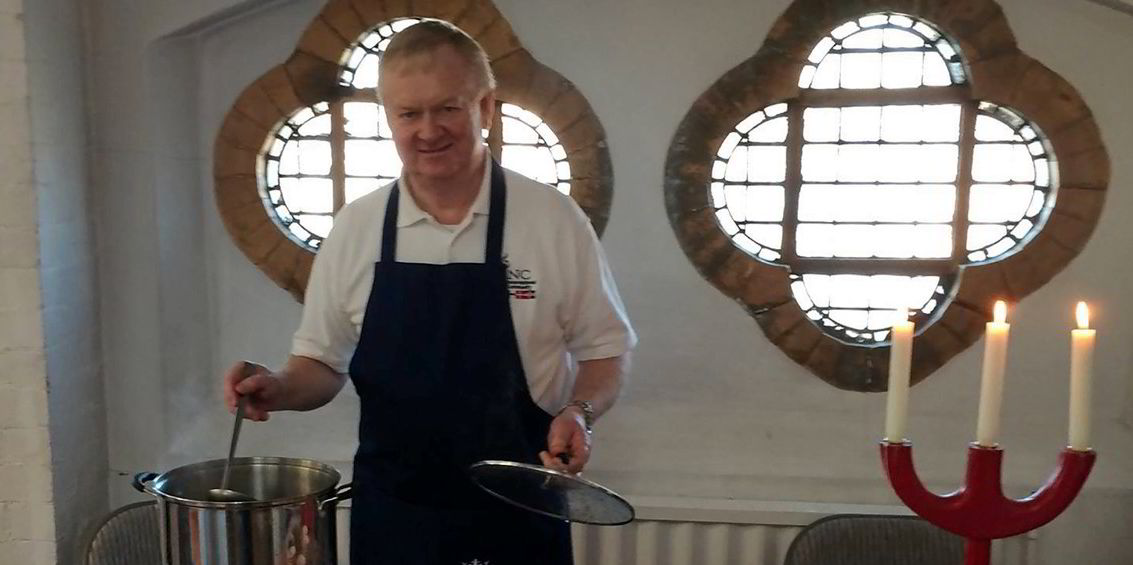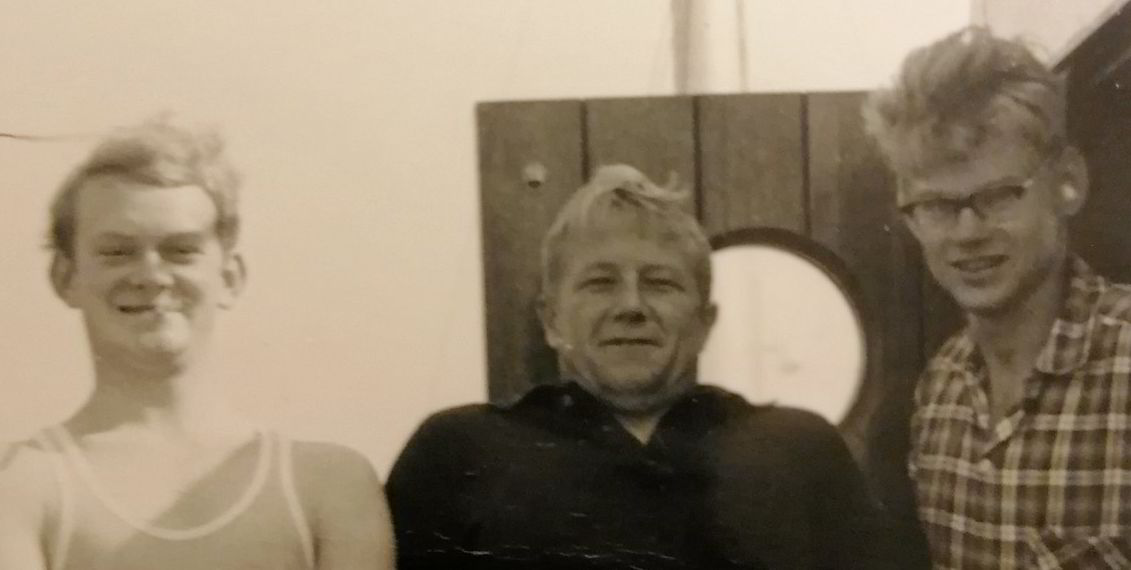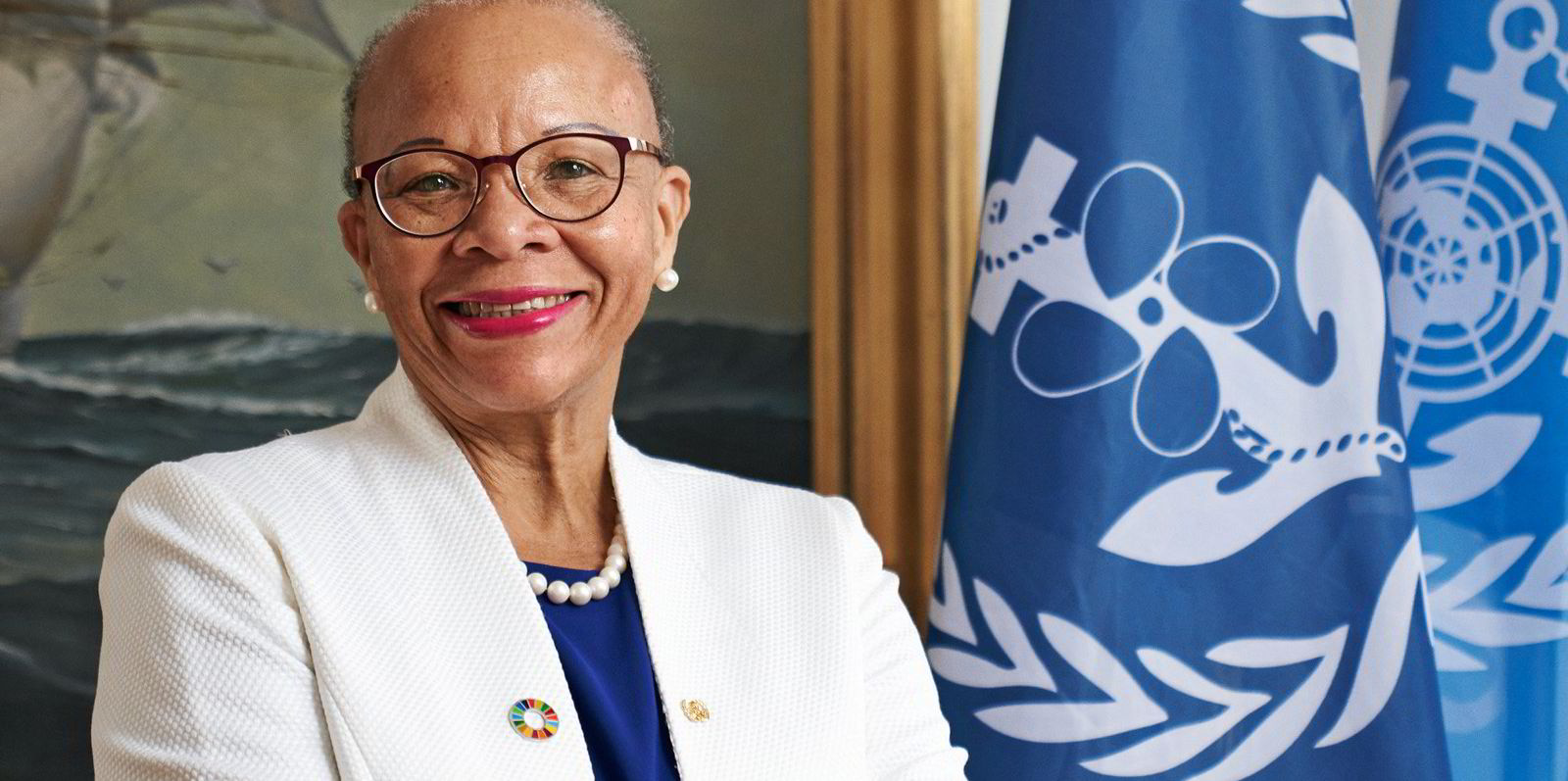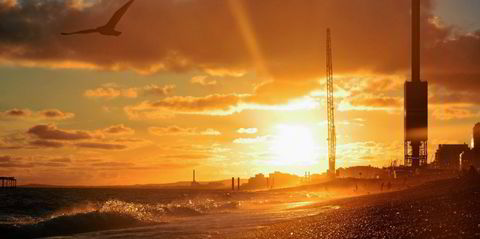Ulfar Norddahl was born in Iceland in 1948 and his family moved to Denmark two years later.
After finishing school in 1964, he was offered an apprenticeship as a trainee ship manager at Norwegian owner Terkol Rederierne, based in Aarhus and run by Niels Birger Terkildsen. It was the beginning of a colourful career.
In 1966, the final part of his training involved being on board the maiden trip of the 1,120-dwt newbuilding chemical tanker Grete Terkol, from the shipyard in Rendsburg, Germany, to Antwerp, where it was to load its first cargo.
“On the first day, there was a fantastic dinner at the shipyard and a party on board in the evening," he said. "We all got pretty drunk, and sailing out the following morning did make me seasick. When we arrived in Antwerp through the huge Scheldt lock, it was like being in the middle of the earth and lifted up into the daylight.”
Norddahl, now 72 years old, is these days director of the Liverpool International Nordic Community Charity in north-western England, after a career that included stints as a broker and then ship’s chandler.
But first he was a seafarer.
On one voyage, on the 2,263-dwt Marianne Terkol (built 1955), the tanker took on a hazardous cargo of tetrachloride liquid nylon from Dupont that had to be kept warm or it would solidify.
“A week into the voyage to Rio de Janeiro, we found that the pumps had solidified with the cargo and we had to go into Las Palmas [in Spain’s Canary Islands] to await new pumps from Germany. It took 14 days to receive them," Norddahl said.
“Las Palmas was a great place, for our deck crew were Spaniards, so we had many good afternoons and evenings in the bars around the harbour and city.
“We had a Cuban cook, who was married to our bosun, a big and rough man but with a good knowledge of seamanship from Vesterbro, Copenhagen. He had met the young Cuban woman while on a Danish vessel loading sugar in Havana and she had ‘stowed away’ on the ship before being discovered after departure. Personally, I think he kept her in his cabin.”
Amazing Copacabana nightlife

It was a long voyage down to Rio and, on the voyage, the crew painted the whole ship from top to bottom, or at least as low as they could reach.
“The bosun suggested I stayed out of the sun when passing the equator, so I started painting the pump room on deck, which had a steel roof, walls and doors," Norddahl said. "It was much warmer than out on the deck, so I passed out. The captain gave the bosun a roasting for making me go in there.
“We stopped the engines to change oil filters whilst at the equator and I decided to put down the pilot ladder and go for a swim; it was absolutely wonderful! Except the captain was angry and said: ‘You have no idea what is down there and could have been attacked by a number of large creatures which live in these waters!’
“Rio was a great experience, a vast city surrounded by jungle, industry and slum areas, and the nightlife in Copacabana was amazing. Two officers drinking in a bar went on to rum and cola. The rum was only $1 a bottle while the Coke cost $2. We had a great time, and the girls were very friendly!”
The captain said we would leave without him, but I pointed out that the bosun arranged all the deck work and without him very little would be done...
Ulfar Norddahl
It took three days to discharge the cargo, clean the tanks and get the ship ready for the return voyage. But just before departure, it was found that the Danish bosun was missing.
“The captain said we would leave without him, but I pointed out that the bosun arranged all the deck work and without him very little would be done, so the captain decided to delay departure by three hours while I went to look for him," Norddahl said.
“We drove around for about an hour and then I spotted him lying on a bench in a park, dead drunk. He weighed more than 100 kg and was very difficult to get into the taxi.
“When the bosun finally woke up later that night, I expected he would be grateful. But on the contrary, he said: ‘Why would you do that?’ So, maybe the captain was right, we should have left him.
“Later the same year he came into our office in Aarhus and asked if there were any jobs. We declined!”






